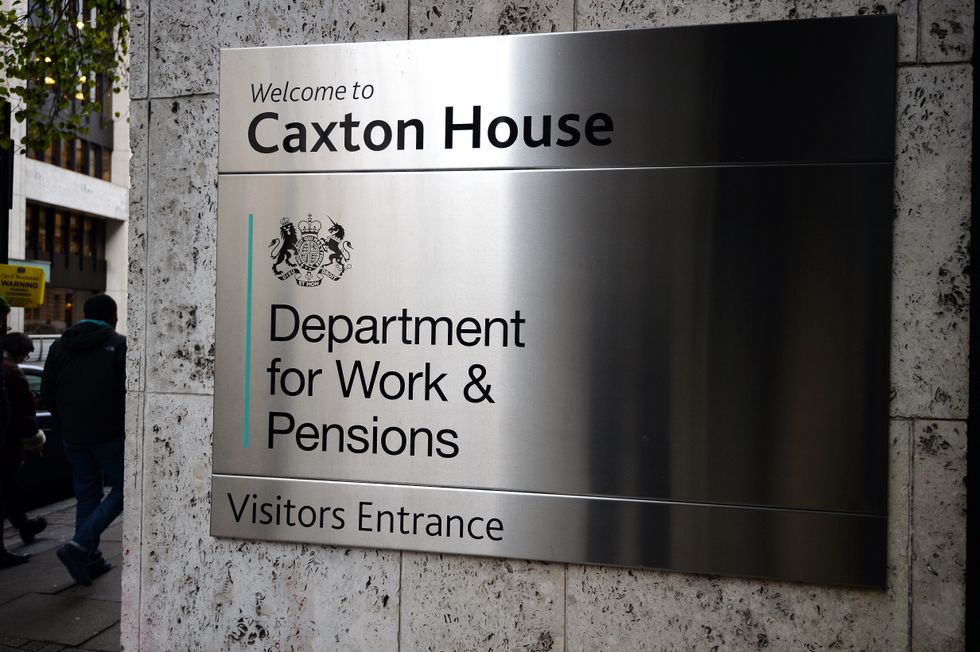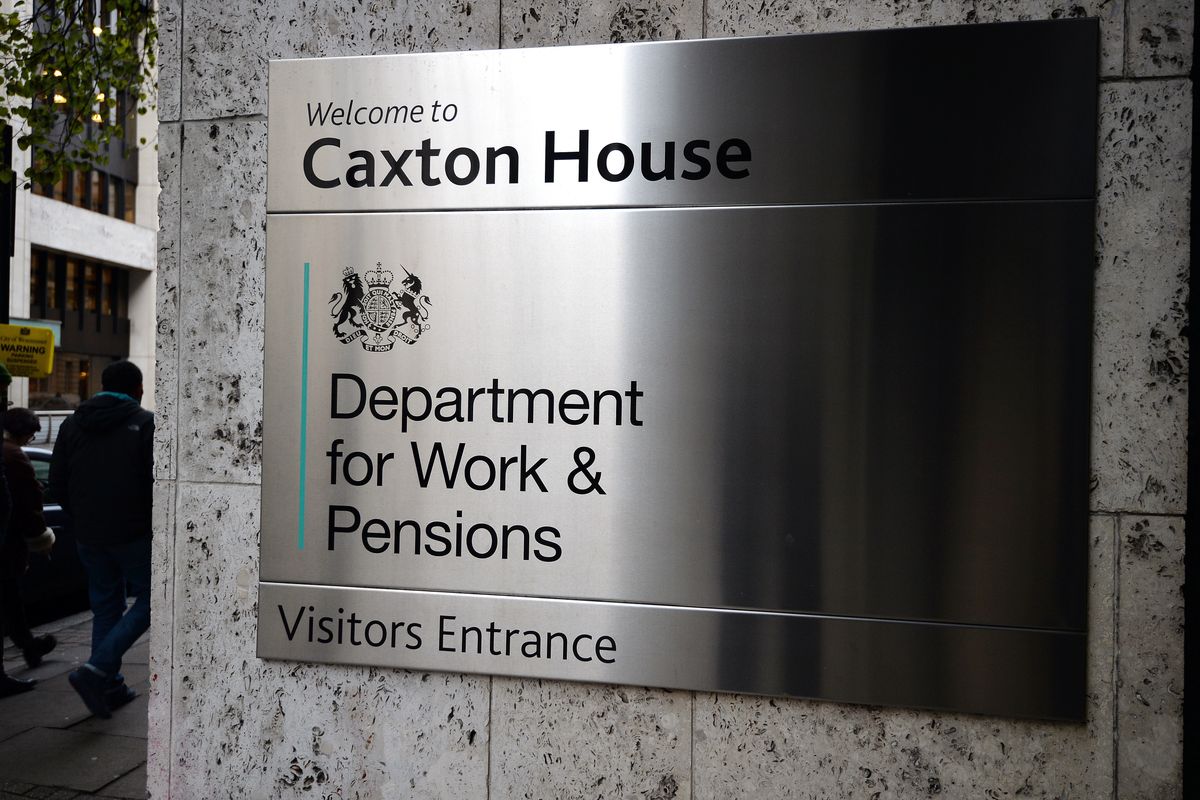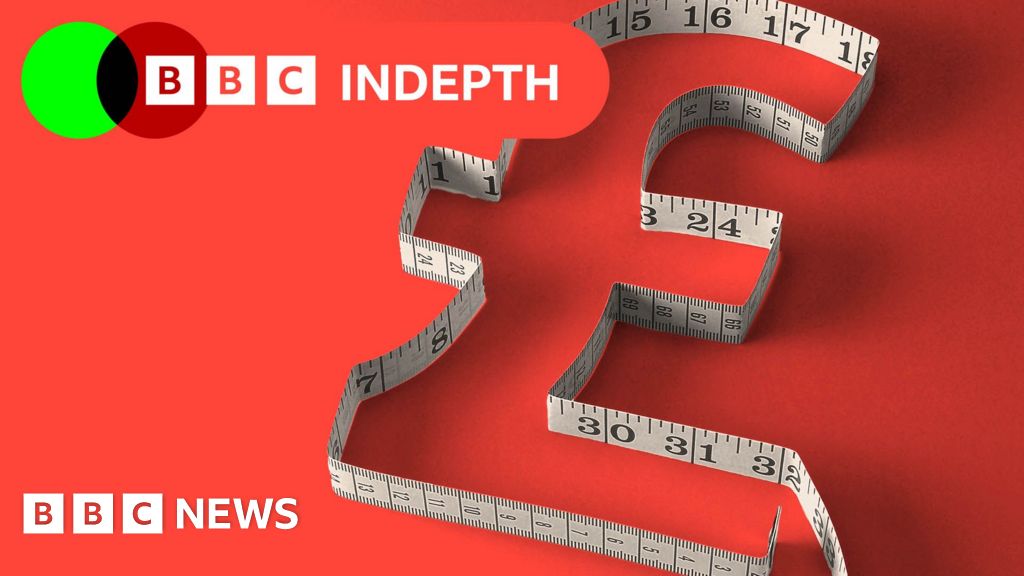Universal Credit benefits cheat falsely claimed money from DWP for three years
A man that falsely claimed Universal Credit and Employment Disability Allowance (DWP) has been sentenced.Mark Graeme Lockwood, 43, from Colenso Street, Hartlepool, was dishonestly failing to notify changes to his social security benefit claim.That included Universal Credit, Employment Disability Living Allowance and Carers Allowance.He was sentenced at Newton Aycliffe Magistrates' Court on Monday to a 24-week prison sentence, suspended for 12 months.The 43-year-old was also ordered to pay £154 surcharge to fund victim services and £85 in costs to the CPS (Crown Prosecution Service).He was sentenced on three counts of failing to notify changes that affected his entitlement to social security benefits.Lockwood withheld information from the Department for Work and Pensions over a period of many years.That concerned his children no longer being in his care, which impacted the benefits he received.LATEST DEVELOPMENTS: Universal Credit clampdown set to be introduced with some people denied benefitsUniversal Credit payments blocked for 184,000 people after DWP actionUniversal Credit shake up plans could see violent criminals lose right to benefitsThe Universal Credit charge concerned a period between September 3, 2020 and May 2, 2023.The second Employment Disability Living Allowance charge concerned a period between September 3, 2020, and June 16, 2021.The third change regarded Carers Allowance, which concerned the period between September 28, 2020, and April 24, 2022.This comes as a man was branded purposefully "dishonest" after illegally claiming more than £10,000 in Universal Benefit Credit.Brian Thomas Mingins, 58, pleaded guilty to benefit fraud after he failed to disclose that he had acquired £30,000.Prosecutor Glenn Anderton said the DWP discovered that Mingins was continuing to claim Universal Credit despite his savings rising above the allowed £6,000 when he received numerous payments which he failed to declare.Some of these payments were “of quite large amounts” which took him “way over the threshold”, Anderton said.He added: “At one stage, he had capital of just over £33,000 which he did not disclose."


A man that falsely claimed Universal Credit and Employment Disability Allowance (DWP) has been sentenced.
Mark Graeme Lockwood, 43, from Colenso Street, Hartlepool, was dishonestly failing to notify changes to his social security benefit claim.
That included Universal Credit, Employment Disability Living Allowance and Carers Allowance.
He was sentenced at Newton Aycliffe Magistrates' Court on Monday to a 24-week prison sentence, suspended for 12 months.

The 43-year-old was also ordered to pay £154 surcharge to fund victim services and £85 in costs to the CPS (Crown Prosecution Service).
He was sentenced on three counts of failing to notify changes that affected his entitlement to social security benefits.
Lockwood withheld information from the Department for Work and Pensions over a period of many years.
That concerned his children no longer being in his care, which impacted the benefits he received.
LATEST DEVELOPMENTS:
- Universal Credit clampdown set to be introduced with some people denied benefits
- Universal Credit payments blocked for 184,000 people after DWP action
- Universal Credit shake up plans could see violent criminals lose right to benefits

The Universal Credit charge concerned a period between September 3, 2020 and May 2, 2023.
The second Employment Disability Living Allowance charge concerned a period between September 3, 2020, and June 16, 2021.
The third change regarded Carers Allowance, which concerned the period between September 28, 2020, and April 24, 2022.
This comes as a man was branded purposefully "dishonest" after illegally claiming more than £10,000 in Universal Benefit Credit.
Brian Thomas Mingins, 58, pleaded guilty to benefit fraud after he failed to disclose that he had acquired £30,000.
Prosecutor Glenn Anderton said the DWP discovered that Mingins was continuing to claim Universal Credit despite his savings rising above the allowed £6,000 when he received numerous payments which he failed to declare.
Some of these payments were “of quite large amounts” which took him “way over the threshold”, Anderton said.
He added: “At one stage, he had capital of just over £33,000 which he did not disclose."







































